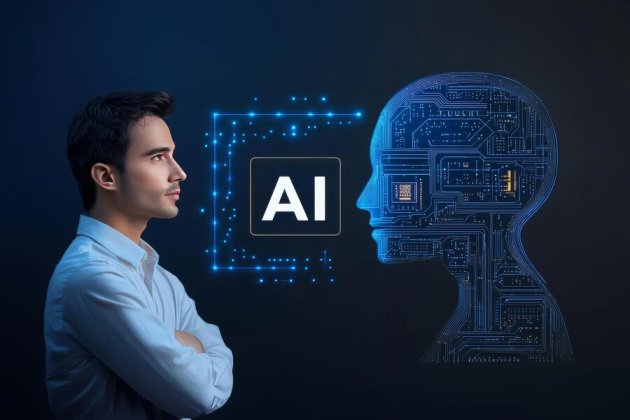Definition:
Artificial Intelligence (AI) refers to the field of computer science focused on creating systems capable of performing tasks that typically require human intelligence. These tasks include learning, reasoning, problem-solving, perception, language understanding, and decision-making.
Key Concepts:
- Machine Learning (ML): A subset of AI that enables systems to learn and improve from experience without being explicitly programmed. Examples include recommendation algorithms and predictive analytics.
- Deep Learning: A branch of ML that uses neural networks with many layers (deep neural networks) to analyze complex data patterns, such as image or voice recognition.
- Natural Language Processing (NLP): A field within AI that helps computers understand, interpret, and respond to human language. It’s used in applications like chatbots and language translation.
- Computer Vision: A technology that enables computers to interpret and make decisions based on visual data, used in facial recognition and autonomous driving.
- Robotics: The integration of AI in physical machines, allowing them to perform complex tasks in various environments, from industrial robots to drones.
Applications of AI:
AI is widely applied across industries:
- Healthcare: Diagnosis, personalized treatment, and drug discovery
- Finance: Fraud detection, algorithmic trading, and personalized banking
- Retail: Personalized recommendations, inventory management, and customer service automation
- Transportation: Autonomous vehicles, route optimization, and traffic management
- Manufacturing: Predictive maintenance, quality control, and automation
Benefits:
AI can enhance efficiency, improve accuracy, and provide insights that were previously unreachable. It can also automate repetitive tasks, allowing humans to focus on more complex and creative work.
Challenges:
AI poses challenges such as ethical concerns, data privacy issues, and the risk of job displacement. Ensuring transparency, accountability, and fairness in AI systems is a growing priority.
Future of AI:
The future of AI includes advancements in general AI, where systems can perform a wide variety of tasks with near-human level intelligence. Emerging fields like reinforcement learning and ethical AI are critical areas of research, as AI continues to evolve and integrate into daily life.

